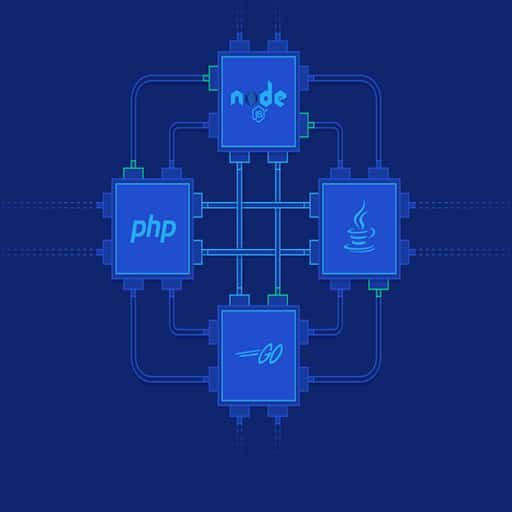Node.js and PHP are both popular backend technologies used for web development. However, determining which one is better depends on various factors and the specific requirements of the project. Here are some points to consider when comparing Node.js and PHP:
1. Performance: Node.js is known for its high performance and scalability. It uses a non-blocking, event-driven architecture, which allows it to handle a large number of concurrent connections efficiently. PHP, on the other hand, is traditionally a synchronous language and may not perform as well in high-traffic scenarios.
2. Language and Syntax: Node.js uses JavaScript, a widely-used and versatile language that is also used for frontend development. This allows developers to use the same language on both the frontend and backend, making it easier to share code and resources. PHP has its own syntax and is specifically designed for server-side scripting.
3. Ecosystem and Libraries: Node.js has a vast ecosystem of libraries and frameworks available through its package manager, npm. This makes it easy to find and integrate third-party modules into your project. PHP also has a large community and a wide range of libraries and frameworks, such as Laravel and Symfony, which provide robust solutions for web development.
4. Learning Curve: If you are already familiar with JavaScript, learning Node.js may be easier as it uses the same language. PHP has its own syntax and may require some additional learning if you are not already familiar with it.
5. Community and Support: Both Node.js and PHP have active communities and extensive documentation available. However, PHP has been around for a longer time and has a larger user base, which means there is a wealth of resources and support available.
Ultimately, the choice between Node.js and PHP depends on your specific project requirements, your team’s expertise, and your personal preferences. It is important to consider factors such as performance, language familiarity, ecosystem, and community support when making a decision.
